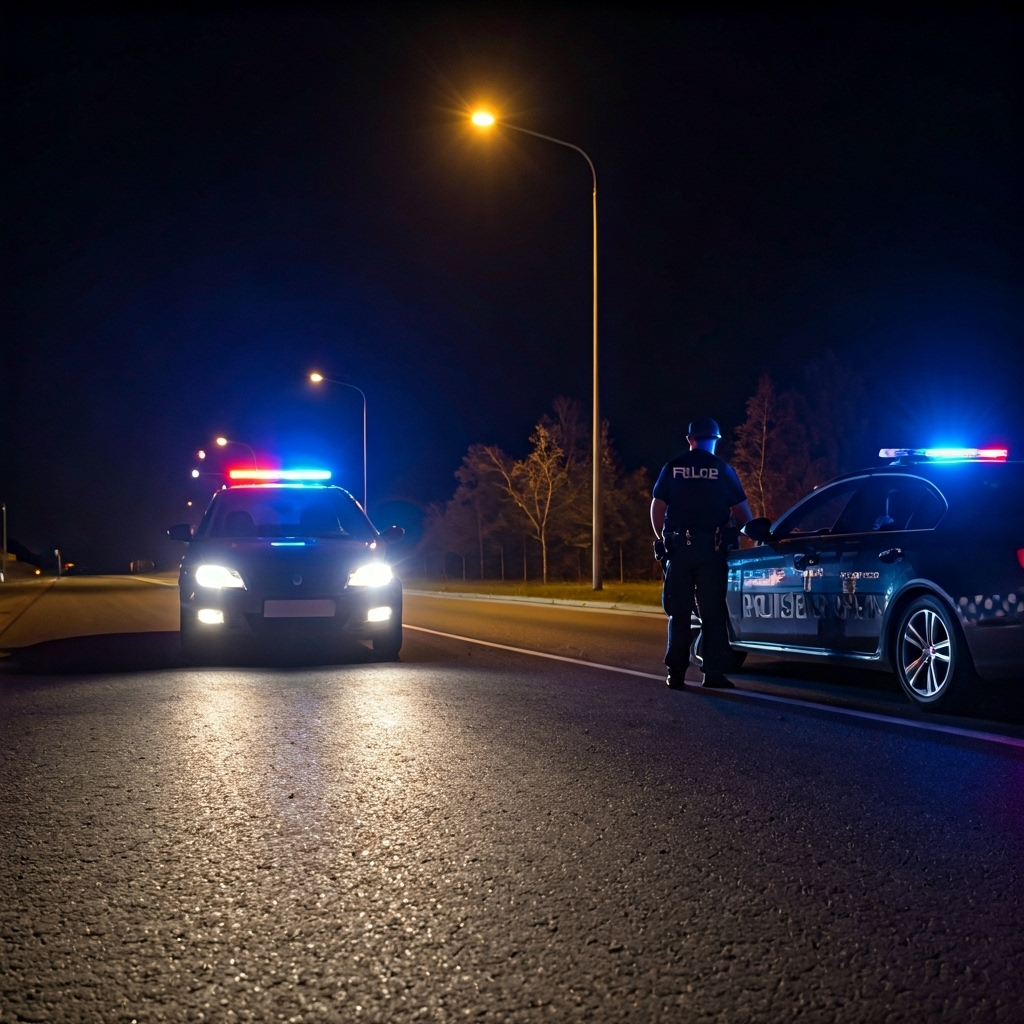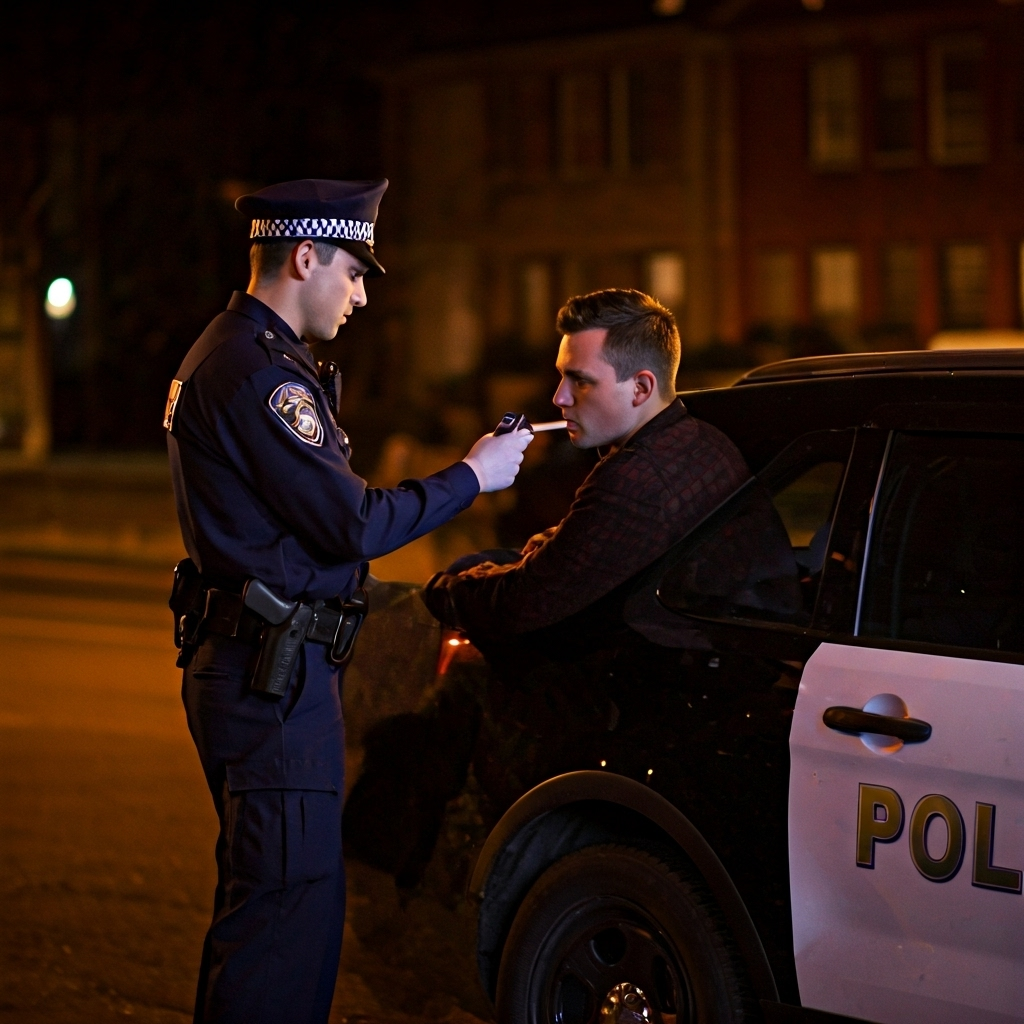Washington State DUI Penalty Chart: All Penalties Explained

Key Highlights
- Washington State enforces some of the strictest DUI laws, with mandatory minimum penalties for all convictions.
- DUI offenses in Washington involve penalties like jail time, fines, ignition interlock device requirements, and suspended licenses.
- Blood Alcohol Concentration (BAC) limits play a critical role in defining DUI charges, with more severe penalties for higher BAC levels or test refusals.
- Additional convictions or aggravating factors lead to harsher penalties, including felony DUI charges.
- Understanding Washington’s DUI penalty chart helps offenders navigate minimum sentencing requirements and legal outcomes.
Introduction
In Washington State, driving after drinking alcohol or using drugs is a serious issue. There are strict DUI laws and strong penalties in place. If you are found guilty of a DUI charge, even if it is your first time, the results can change your life. The state can give you big fines, put you in jail, suspend your license, and require you to have an ignition interlock device in your car. These penalties show that the state does not take DUI lightly.
This guide helps you understand Washington State DUI laws and penalties. It will make things clear for anyone who is dealing with a DUI charge. If you want to know about jail time, license suspension, or how an ignition interlock device works, this guide is here to help.
Overview of DUI Laws in Washington State
 Washington State has some of the strictest DUI laws in the country. If you drive in Washington State with a BAC of 0.08% or higher, or if you show signs that you are not fit to drive because of alcohol or drugs, you can face serious legal trouble.
Washington State has some of the strictest DUI laws in the country. If you drive in Washington State with a BAC of 0.08% or higher, or if you show signs that you are not fit to drive because of alcohol or drugs, you can face serious legal trouble.
A DUI offense in Washington State is usually called a gross misdemeanor. But, if there are aggravating factors—like causing serious injury or having more than one prior conviction—the charge may become a felony. Knowing about these differences is very important if you are dealing with charges under Washington DUI laws.
Legal Definition of DUI in Washington
In Washington State, a DUI charge is very serious. The law says that if you drive and have a blood alcohol concentration (BAC) of 0.08% or higher within two hours, you can be charged with a DUI. The same rule goes for marijuana. If your THC level is over 5 nanograms per milliliter, that will lead to a DUI charge.
Washington law explains that you are seen as “under the influence” when alcohol, marijuana, or other drugs stop you from driving safely. This definition makes sure that a DUI charge is not based only on your BAC or THC, but also on how these substances affect your ability to drive.
There are stricter rules for certain people. Commercial drivers must have a BAC under 0.04%. People under 21 have a BAC limit of 0.02%. But you can still get a DUI charge if the police or a chemical test find that you are not safe to drive, even if you have not reached these levels.
Blood Alcohol Concentration (BAC) Limits and Testing
Finding out a person’s blood alcohol concentration (BAC) is very important when checking DUI offenses in Washington State. If your BAC is 0.08% or more, you can get charged with driving under the influence. But for commercial drivers, this number is lower. It is only 0.04%. During a DUI stop, police use breath tests or blood tests to find out your alcohol concentration.
If someone has a high BAC or has prior offenses, they may have to spend mandatory minimum jail time or pay fines. These strict rules show how strong the DUI laws are in Washington State. The laws are there to make sure people get punished when they break them.
DUI Penalty Chart Breakdown
\ The DUI penalty chart in Washington State shows what the mandatory minimum and maximum penalties are for each DUI conviction. The chart covers things like jail time, fines, license suspension, and the need to put an ignition interlock device in your car. It gives details based on how many prior offenses you have and your BAC level.
It is important for people to know about this DUI penalty chart. Penalties get much worse after each DUI conviction, or if you have aggravating factors. When you take time to look at this chart, you can see what may happen to you and what you need to do. It helps you get ready for both the legal and personal problems that come after a DUI in Washington State.
How to Read the Washington DUI Penalty Chart
Washington’s DUI penalty chart makes it easier for people to see what can happen if they are caught. It shows what will happen based on how much alcohol was in their blood (BAC) and if this is their first, second, or third time. People with prior offenses will get even tougher penalties. The chart also lets you know about jail time, fines, and what else you will face by law.
Here’s a simple table to help you understand the dui penalty chart:
| Offense Count | BAC below 0.15% | BAC 0.15%+ or Refused |
|---|---|---|
| 1st Offense | 24 hrs. jail, $990.50 – $5,000 fine | 48 hrs. jail, $1,245.50 – $5,000 fine |
| 2nd Offense | 30 days jail, $1,245.50 – $5,000 fine | 45 days jail, $1,670.50 – $5,000 fine |
| 3rd Offense | 90 days jail, $2,095.50 – $5,000 fine | 120 days jail, $2,945.50 – $5,000 fine |
The main thing to know is this. Penalties get much bigger as you add more prior offenses, and as your BAC level rises.
Key Terms Used in the Penalty Chart
Legal and administrative words in the DUI penalty chart can be hard to understand. Here is a simple overview:
- Mandatory Minimum: This is the least amount of jail time or money in fines that is needed for a DUI offense.
- Gross Misdemeanor: Most DUI offenses will be called this criminal charge unless there are aggravating factors that make it worse.
- Felony DUI: This is when a DUI offense includes very bad injuries, many prior offenses, or happens in high-risk situations.
- Deferred Prosecution: This is a one-time offer. It lets an offender not get a conviction if they finish a special treatment program.
- Ignition Interlock Device (IID): This is a breathalyzer in your car. You have to blow a clean sample into it to start the car.
These words show how important it is to know the DUI penalty chart and what each part means for DUI sentencing.
First Offense DUI Penalties
A first DUI conviction in Washington State comes with tough rules. If your BAC is less than 0.15%, you will get at least 24 hours in jail. There will be a fine between $990.50 and $5,000. Your license suspension will last 90 days.
If your BAC was 0.15% or more, or if you refused testing, things get stricter. You could get 48 hours in jail and pay fines starting at $1,245.50. Your license revocation will last for one year. You may also have to get an ignition interlock device and go to alcohol or drug classes.
Jail Time, Fines, and License Suspension
First-time offenders may not see how serious the penalties for DUI can be. Spending 24-48 hours in jail might look small, but the problems do not end when you get out. You also have to pay high fines that can go from $990.50 to $5,000. There could also be a license suspension for up to a year. All this can really mess up your life.
Jail time for a first offense depends on your BAC level or if you say no to the test. Also, if you refuse a BAC test, the mandatory minimum license suspension will be tougher. The rules are much harder then.
There are many other costs that come with a DUI. Besides fines, you might have to get high-risk (SR-22) insurance and pay extra fees the court gives you. It is important to know that a DUI conviction can bring long-term challenges.
Probation, Ignition Interlock, and Additional Requirements
First-time DUI penalties usually mean you have to follow certain rules like probation, getting an ignition interlock device, and other tasks:
- Ignition Interlock Device: You must install this device, and the Department of Licensing keeps track of it.
- Probation: The court will keep an eye on you and set rules, such as not drinking alcohol.
- Electronic Home Monitoring (EHM): Instead of going to jail, you might have to wear an ankle bracelet at home, and this electronic home system will track your moves.
- Substance Abuse Programs: You may need to get checked or go through treatment based on what fits your situation.
These extra steps make the punishment for a DUI tougher. That is why it can be so important to talk with someone who knows the law.
Second Offense DUI Penalties
A second DUI offense in Washington State comes with much harsher penalties than the first. You can face a mandatory minimum jail time of at least 30 days, but it can go up to one year. Fines are much higher and may be several thousand dollars. There is also a longer loss of your driver’s license. The installation of an ignition interlock device will be needed. You may also have to finish a substance abuse treatment program. It is very important to know about these parts of DUI laws in Washington State if you are going through a case like this.
Increased Jail Sentences and Fines
In Washington state, jail time and fines often increase for DUI offenders, especially if it is not their first offense. Washington DUI laws set a mandatory minimum jail time to show how serious the law is and to stop people from dangerous actions. If the blood alcohol concentration is high, or there are other aggravating factors, the person might face even harsher penalties. This could include bigger fines or, in some cases, felony charges. With these strict rules and complex issues, it is important to have an experienced DUI defense attorney to help guide you.
Enhanced License Suspension and Mandatory Treatment
In Washington State, if you get a DUI conviction, you can face an enhanced license suspension. This is even more true for people who have been caught before. You will likely have a suspended license for at least a set period of time. This can make it hard to get around.
You may also be required to join treatment programs that deal with substance abuse. Taking part in these programs is very important. If you do not go, you could face harsher penalties and your license suspension could last longer.
There may also be a rule for you to start using an ignition interlock device. This tool is put in your car. It is meant to stop future DUI offenses and keep everyone safer.
Third and Subsequent DUI Offense Penalties
Repeat offenses under Washington State law can lead to much tougher consequences for DUI offenders. If you get a third DUI charge, it becomes a class C felony. This means you face a bigger risk of jail time and there are mandatory minimum sentences you have to serve. Your prior offenses not only change how harsh your sentence is, but they can also mean a permanent license revocation. This makes it very hard to drive legally after that.
For DUI offenders, Washington State also requires other steps. You may need to go through a mandatory treatment program, have an ignition interlock device installed in your car, and face close monitoring. All these things are meant to deal with the problems behind substance use.
Felony Charges and Long-Term Consequences
A felony DUI charge in Washington State is very serious. If you get convicted, you could face a lot of jail time. You will also have a criminal record that can last forever. This record can make it hard for you to get a job or find a place to live. It can also affect other important parts of your life. When you have a felony DUI, there are long-term problems, too. You may need to go through substance abuse treatment, and license revocation means you cannot drive. This can really limit your freedom to go where you want. If you get more DUI charges later, your punishments will get even worse. That is why it is very important to use good DUI defense strategies if you are accused of a felony DUI in Washington State.
Permanent License Revocation and Other Impacts
A DUI conviction in Washington state can bring serious problems. If you get caught more than one time, it can get even worse. There is a risk of permanent license revocation. Washington state law makes sure that repeating this mistake can take away your driving rights for a long time. You might also need the installation of an ignition interlock device in your car. The court could also put you on house arrest or use electronic home monitoring. These things can make it hard to do your job or stick to your daily plans. All this means it is very important to know and follow washington state dui laws. Understanding dui laws could help you stay out of trouble and make better choices.
Conclusion
When you face a DUI charge in Washington State, you need to know that things get much harder with a second or third offense. These repeated DUI charges come with tougher rules, like mandatory minimum jail time and higher fines. There is also the risk that your charge could become a felony. If you are in this situation, it helps to talk to an experienced DUI defense attorney. They can explain the different prosecution strategies the state might use. You can also ask them about options such as deferred prosecution or joining a treatment program. The more you know about jail time and your choices, the better you can handle what comes next. Staying informed makes a big difference in how your case turns out.
Frequently Asked Questions
Can I avoid jail time for a first DUI in Washington?
Yes, you can avoid jail time for a first DUI in Washington in some cases. If you finish a diversion program or show you are working to get better, the court may not send you to jail. But, the court will look at things like your BAC level and any prior offenses you have had. These things will help decide what happens in the end.
How long does a DUI stay on my record in Washington?
In Washington, a DUI conviction will stay on your driving record for 15 years. But it can still impact your car insurance and job chances even after this time. It is important to know that a DUI conviction can have long-term effects on both your personal and work life.
What is an ignition interlock device and when is it required?
An ignition interlock device is a breathalyzer that gets installed in a car. The vehicle will not start if the driver’s blood alcohol content is over a certain limit. This tool is often used if someone gets a DUI, especially after a second time or more. The one aim is to make sure the person follows the law and to help people drive in a safe way.
Are there alternative sentencing options for DUI offenders?
Yes, there are other sentencing choices available for DUI offenders. These options can be things like diversion programs, doing community service, or taking alcohol education courses. The goal of these different paths is to lower the chances that people will break the law again. They also try to help with any root problems someone might have. But, if you will qualify for these choices usually depends on how serious the offense is and your past record.
What happens if I refuse a breathalyzer test in Washington?
If you refuse a breathalyzer test in Washington, you get penalties right away. This starts with a license suspension that lasts at least one year. You may also get some fines. The fact that you did not take the test can be used against you in court. This can make it harder if you face DUI charges. You need to think about what could happen before you make this choice.
Call Now or USE contact form a for same-day response:






Thanks to their expertise, the fines were successfully dismissed, and I felt fully supported throughout the process. I highly recommend this attorney to anyone looking for reliable, knowledgeable, and truly dedicated legal help.




